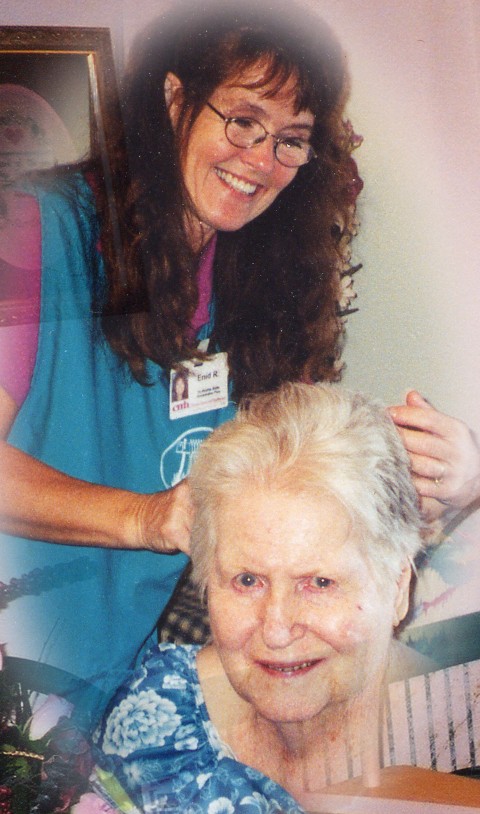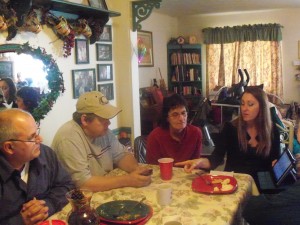Learn to identify needs of elderly parents and loved ones. When you learn to identify needs of elderly parents, you may prevent much heartache later for both of you.
This is difficult when you live out of state.
For years my only personal contact with Mother was a visit every few months. There was always so much to catch up on and so little time on those visits.
Learning to notice changes takes practice.
Mother seemed to be doing okay living alone. She loved her home and neighborhood and had all the necessities she needed. When I did raise concerns, she immediately gave me that “I’m your mother” look that let me know, as far as she was concerned, it was none of my business!
The elderly parent or loved one may not want your help.
They may realize they cannot do all they used to do. But they don’t want to worry you and go to great lengths to reassure you they are fine without help.
There were many red flags I failed to see.
If you are in a difficult situation, but feel help may be needed, here are a few things to look for on your next visit. Please note: these tips are not simply for family but for paid or volunteer caregivers as well.
1. Learn to focus on changes in behavior or housekeeping. Do you see signs of increased neglect in any of the above areas? What has changed since your last visit?
2 Is the mail handled properly? If you have concerns about whether or not bills are paid on time, you may need to contact utility companies to make sure they are up to date.
3. When you enter the home, what is your first reaction? Does the home seem overly hot or cool? Are the rooms unduly stuffy or dark? Are window shades and curtains drawn in midday for no apparent reason?
4. Is there an odor in the home? Elderly often have urinary problems and could have stained clothing or even dribbles on the floor to the bathroom. They may not be aware of the problem themselves.
5. How is the kitchen, are dishes done? Now, let’s be realistic here; if you come to my home unannounced, you may find dirty dishes or some chores undone. However, when they begin to stack up, it could be a problem. Notice the washed dishes; is there dried food in them? Is there food left on the counter from the last meal?
6.Check out the refrigerator. Are leftovers stored without covers? Are the fruits and vegetables wilted or spoiled. Check to see if condiments are stored properly and not too old to use.
7 Is the trash emptied? Are all the wastebaskets overflowing? Are tables and chairs piled high with papers, mail, and magazines?
If you have real concerns, consider keeping a notebook for a few weeks. (If you live away, ask someone to do it for you.) Note changes in behavior, hygiene, or the home. Recognizing the need for help is a beginning. Once you know what the real needs are, you can seek help in meeting those needs.
Looking back (isn’t that always easier?) I can see how serious her needs were. However, those concerns dwindled when my flight landed back home and the pressures of work and family took over.
We are fortunate today to have access to agencies to aid in getting the needed help. Knowing the extent of the need is critical to ensuring a proper response to our questions when seeking advice. In the next post, I will give some ideas on where and how to find help. Please let me hear from you.
Hugs,

For more details about my journey with mother, get my book, My Mother My Child


